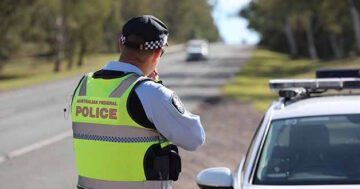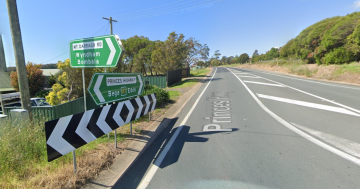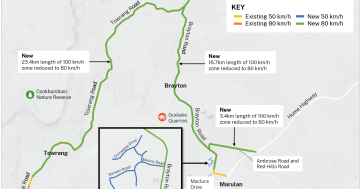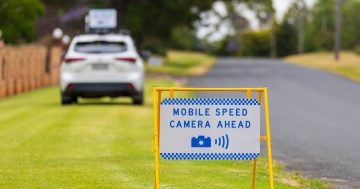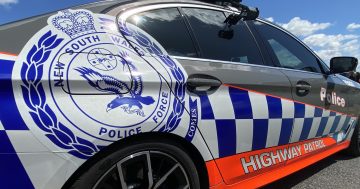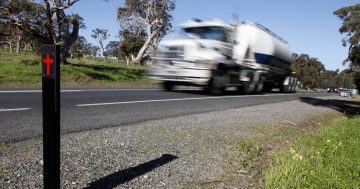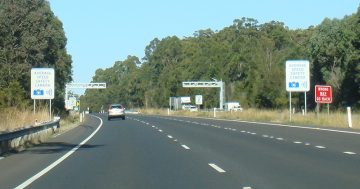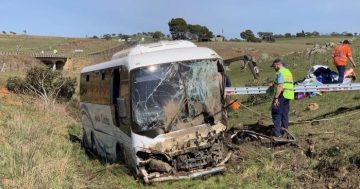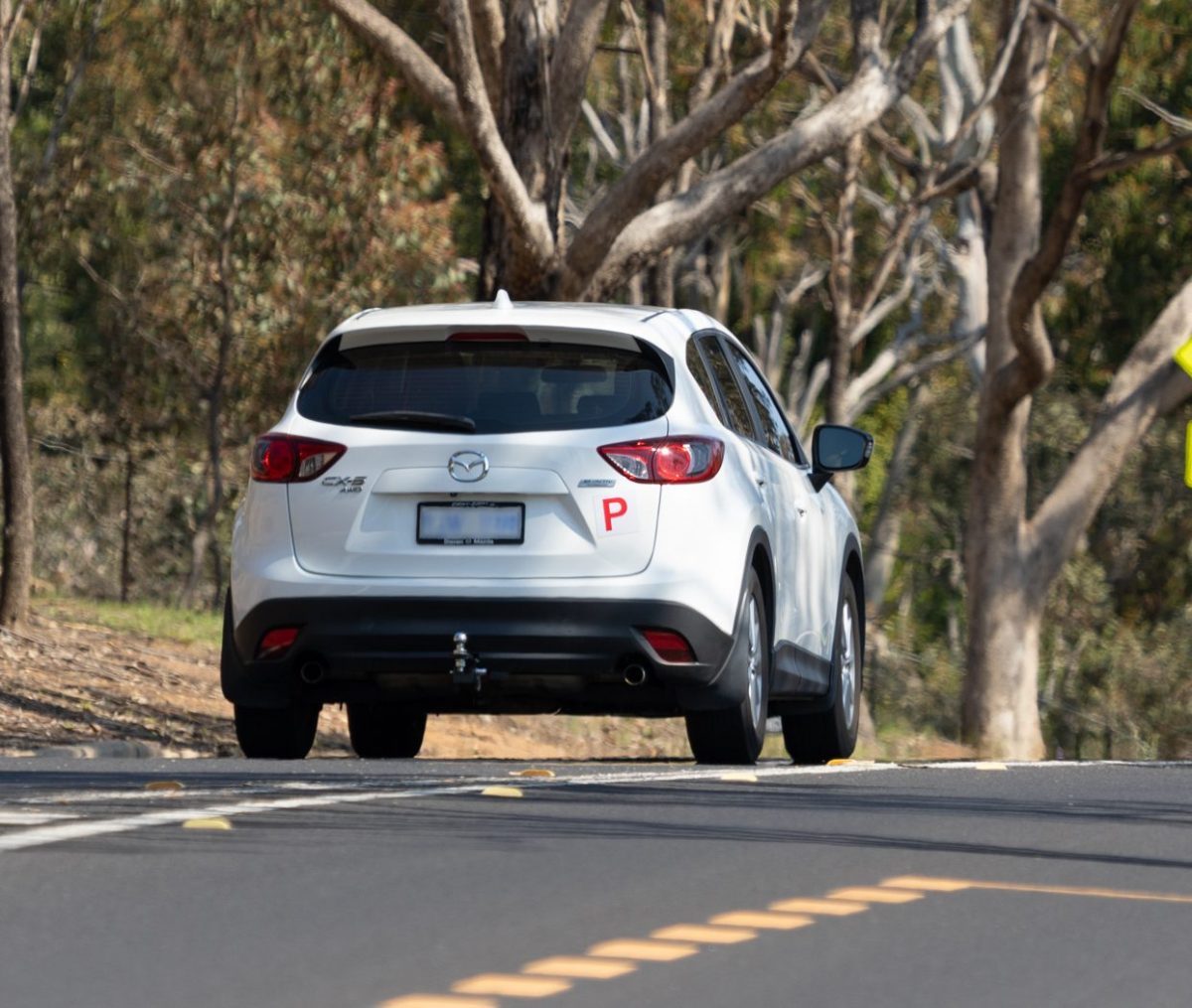
Preliminary statistics for southern NSW indicate there have been more than two dozen crashes on NSW roads in 2025. Photo: Michelle Kroll.
A national campaign is urging motorists to take care when dealing with the “unique risks” of regional roads.
Every September, the country marks Rural Road Safety Month, a national awareness campaign run by the Australian Road Safety Foundation.
This year, the campaign has returned, calling on people to take steps to reduce road trauma.
A Transport for NSW spokesperson said behaviour such as speeding, being distracted or not driving to the conditions were still too common on the roads.
“Any death on our roads is one too many. Rural Road Safety Month is a reminder that road safety is a shared responsibility,” they said.
“Country roads pose unique risks such as higher speeds, changing conditions and wildlife.”
And they can have devastating impacts.
A review of Transport for NSW’s road fatality rates per 100,000 people for 2014 to 2023 found that in southern NSW, the Illawarra recorded 4.7, the Riverina 10.4 and the Far South Coast 9.0.
The statewide equivalent was 4.2.
Preliminary crash data indicates that, last year, there were 26 fatal crashes (and 26 deaths) in the Ilawarra, while there was one fatal crash on the NSW Far South Coast.
Meanwhile, the Riverina had seven fatal crashes, resulting in eight deaths.
So far this year, the Illawarra has seen 14 deaths, and the Riverina 10 deaths.
Far South Coast communities have also seen 10 fatal crashes (resulting in 11 deaths) on their roads.
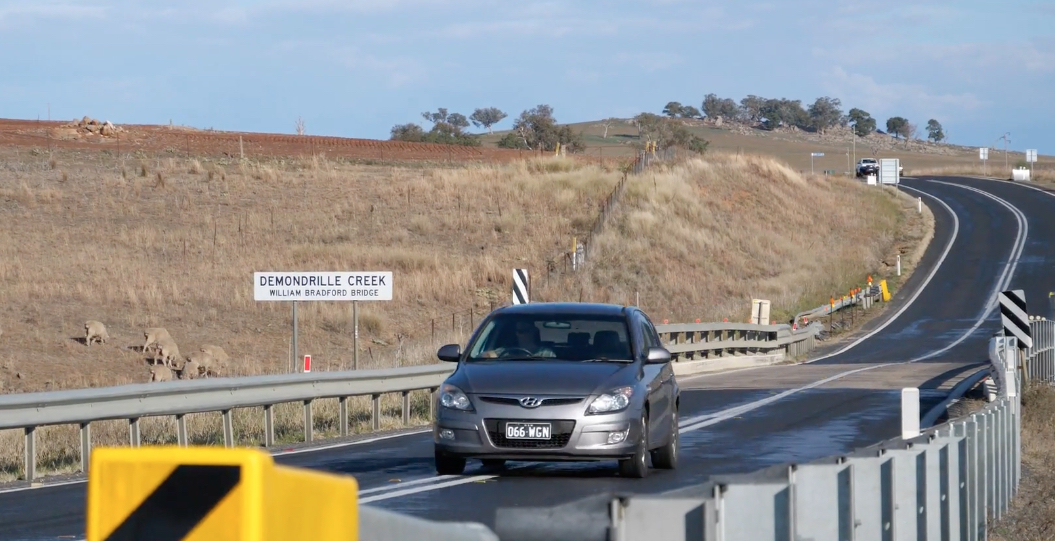
Drivers are being urged to slow down and take extra care when on the roads. Photo: Supplied.
The Towards Zero Safer Roads Program, a key part of the 2026 Road Safety Action Plan, focuses on infrastructure upgrades and speed management to reduce road trauma in high-risk areas across NSW.
The Transport for NSW spokesperson said there was a range of efforts to improve people’s on-road safety.
These efforts have included infrastructure works (such as installing rumble strips and wider shoulders to reduce crashes on high-speed roads), reviewing speed limits and expanding mobile speed enforcement.
“Speeding remains a key factor in road trauma … We urge all road users to slow down, stay alert, take breaks and always drive to the conditions.”
Across NSW, 2700 new mobile speed camera sites have also been added (including 360 in southern NSW and 190 in southwest NSW) in 2024 and 2025.
Towards Zero Collaboration Hub (a shared Transport for NSW and State Insurance Regulatory Authority initiative) statistics report that 257 lives have been lost in NSW to date this year.
Comparatively, 207 were lost as of this time last year.
These calls are echoed by the National Heavy Vehicle Regulator (NHVR), which is calling on all road users to look out for one another and take extra care on remote and regional roads.
The regulator pointed to 205 lives that were lost involving heavy vehicles over the last financial year.
NHVR Chief Operations Officer Paul Salvati said it was alarming that almost 60 per cent of those fatalities occurred in rural or remote areas.
“When travelling through rural or remote roads in Australia, there’s unique challenges and risks involved compared to travelling in suburban areas.
“You’re more likely to encounter larger trucks which require longer distances to stop safely and have multiple blind spots, meaning the driver may not know you’re there.
He also said that while trucks were key in keeping Australia moving, they shared the road with everyone else – and everyone had a crucial role to play in keeping roads safe.
“That means giving trucks extra space, only overtaking when it’s safe, and always keeping a safe following distance,” he said.
“Losing loved ones in a road accident is a tragedy, so we want to remind all drivers to take extra caution when getting behind the wheel.
“Every road user can reduce the risk – slow down, stay alert, be patient around heavy vehicles and never risk taking a chance with it comes to safety.”
If this story has raised any issues for you, you can call Lifeline’s 24-hour crisis support line on 13 11 14. In an emergency, call triple zero.








